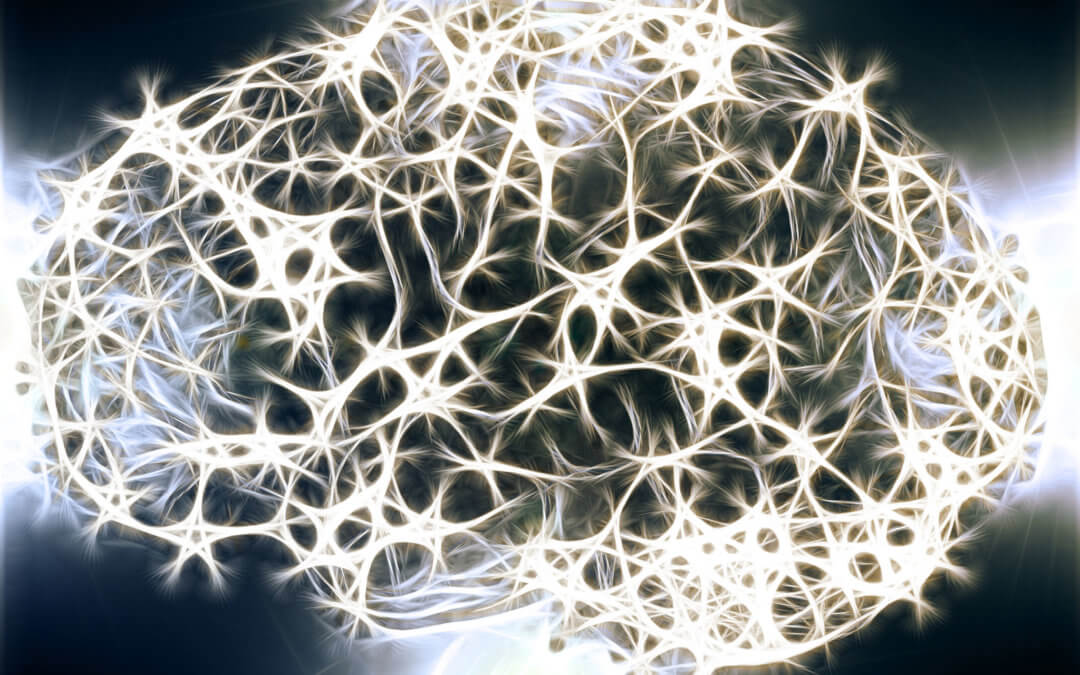Anxiety is a human emotion that most of us would like to avoid. However, there are times when a person is “supposed to be anxious”, such driving in heavy traffic, getting a new hairstyle, going on an important job interview, or whitewater rafting. When someone experiences moderate or normal anxiety or stress it can actually be beneficial as this eustress can offer one the feeling of challenge and accomplishment leading to a sense of fulfillment.
Emotional reactivity can exaggerate the negative experience of anxiety. When a person regularly finds themselves in the grip of anxiety, patterns of thoughts, feeling and behaviors can develop and become habits. Often times, it is difficult to identify and eliminate the trigger that drives that fear. If each time a person gets in the car to drive on the freeway anxiety occurs, the brain begins to identify that as a trigger and the “normal response” is to feel anxious. Freeway equals anxiety. Brain waves now “view” this activity as an expected response and have become psychologically and physiologically dysregulated.
Neurofeedback helps regulate the brain, by measuring the brain waves of a person. Through rewarding or inhibiting certain brain wave activity, the brain begins to heal itself. This is done by placing electrodes on certain areas of the head, then playing a video game with one’s brainwaves.
Neurofeedback Can Help Reduce Anxiety
Studies have shown that Neurofeedback can enhance control over anxiety by persistently reorganizing brain networks. Neurofeedback has proven to help reduce anxiety long term and may allow people to wean off medication with their doctor’s supervision. As the brain learns to decrease anxiety and remains more calm, often less medication is needed.
Psychotherapy is a tool to enrich the mind, whereas Neurofeedback is a tool to enrich the brain. Two interventions are better than one. Neurofeedback is non-invasive, non-threatening, and measurable. Client’s report, “I just feel less overwhelmed”, “I find I can look at situations clearer”, and “I don’t feel like I need to take medication for it anymore”.
Ellen Fix LMSW and Rosalyn Baker LMSW are experienced Neurotherapists and have worked extensively with anxiety and also depression, ADD/ADHD, substance abuse and head injuries. This intervention is also used to treat eating disorders, migraine headaches, sleep disturbances and some pain management.
Neurofeedback for Peak Performance
Neurofeedback is not just for those with disabilities, or mental health issues. It also is used by athletes and business people who want to operate at peak performance, or others who want to focus better and experience more energy.
The bottom line: A better functioning brain means better attention and concentration, better mood stability and management of emotions.

